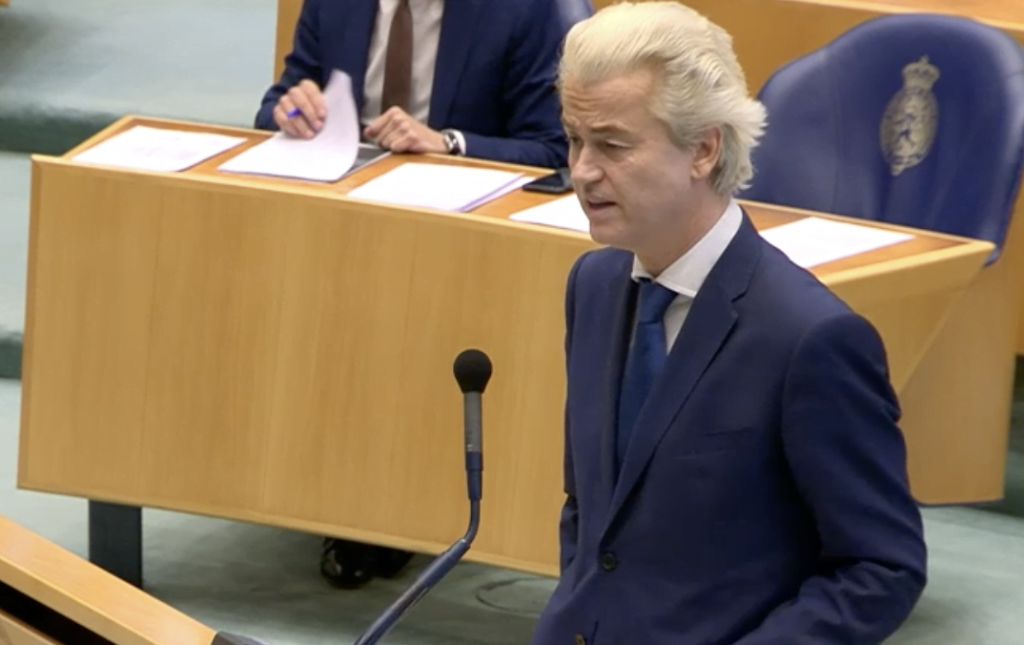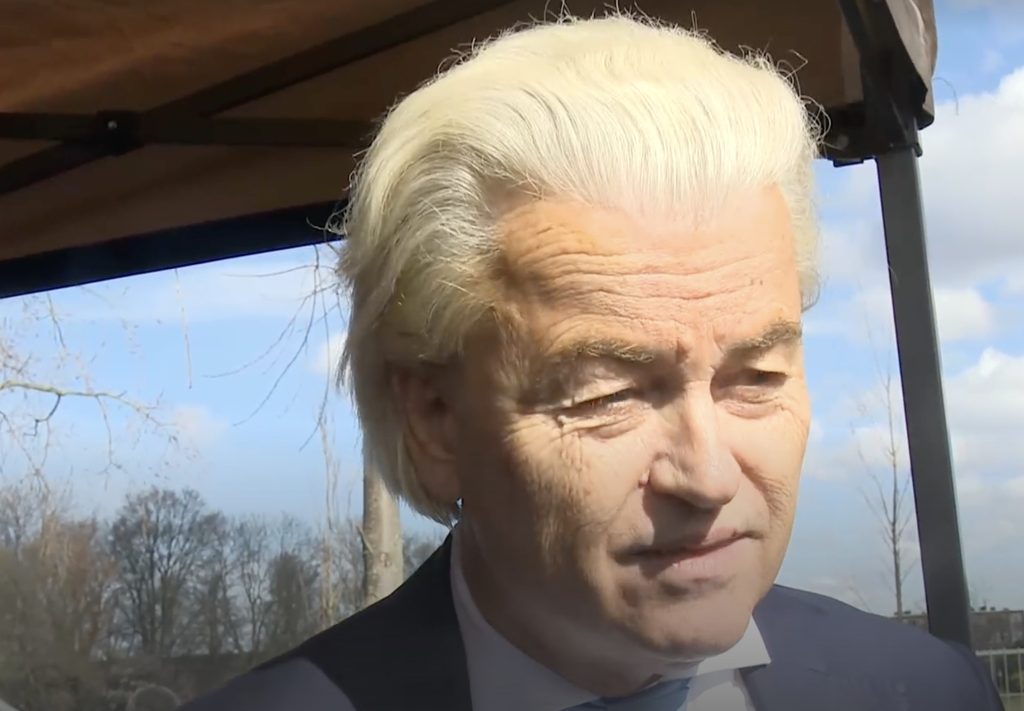The Netherlands turns right. We will drive 140 km/h and there will be no cuts in the construction of new roads.
This 'monster victory', as various media describe it, marks an important shift in Dutch politics. Now that Geert Wilders' PVV has become the largest political party in the Netherlands after the elections of November 22, 2023, the cards are also being shuffled for mobility in our country. After the election victory of the PVV led by Geert Wilders on November 22, 2023, there are specific positions of the party on mobility, traffic and public transport in the Netherlands.
The PVV views mobility as an important condition for freedom and strives to keep it both available and affordable. The focus is on maintaining affordable public transport and driving, with an emphasis on the car as an important means of transport. Yet the PVV party program offers few specific insights or positions on Schiphol, public transport or road infrastructure, and mobility is only briefly present in the program. The party mainly focuses on other themes, although the PVV at the time stood up for the Dutch aviation sector.

"Let's look for similarities and see where we can find each other, no democrat in the Netherlands can ignore those two million voters," said Geert Wilders in an initial reaction after it became known that his party had become the largest in the Netherlands.
By stating that “no one can ignore the PVV anymore” after a crushing victory, the party's powerful position in Dutch politics is underlined. Positions on mobility are clear after the political landslide. The PVV is against kilometer charges and commuter taxes, advocates the abolition of 80 kilometer zones and wants to increase the speed limit on certain roads to 140 km/h. The PVV proposes a mandatory introduction of a driving test for professional drivers from CEE countries. This often includes countries such as Poland, Czech Republic, Slovakia, Hungary, Romania, Bulgaria, and sometimes the Baltic states (Estonia, Latvia and Lithuania).
The party wants to expand the speed limit on main roads and abolish the European driving and rest time regulations for truck drivers. The PVV also advocates the abolition of environmental zones. With regard to Schiphol, the party states that the airport must be able to grow and that regulations should not be too strict. There are calls for a mandatory publication of petrol prices and it is proposed to stop the bonus culture at NS and ProRail and to return control of the railways to the government. The PVV wants more powers for conductors to tackle what Wilders calls 'scum'.

The structure of the PVV without members has both practical and ideological implications for Dutch politics. It offers Wilders a unique degree of control and agility, but it also raises questions about the party's internal democracy and representativeness.
Geert Wilders (60), born on September 6, 1963, and his Party for Freedom (PVV) have a unique position in the Dutch political landscape, mainly because of their structure as a party without members. This distinguishes the PVV from traditional political parties in the Netherlands and has both advantages and disadvantages.
no members
The PVV, founded in 2006 by Wilders, is organized as a foundation rather than a membership party. This means that membership is not possible for the public. Geert Wilders is the only official member of the party. This structure gives Wilders complete control over the party and its direction, allowing him to make decisions quickly and without internal consultation. This can be seen as an advantage in terms of efficiency and avoiding internal conflicts and power struggles, which often occur in traditional parties.
On the other hand, this design also has disadvantages. Due to the lack of a broad membership base, the PVV lacks the input, involvement and support of a traditional party base. This can lead to limitations in reaching a broader audience and creating broad support for their political positions. Moreover, the lack of internal democracy and diversity of opinions within the party can lead to one-sided policies, which can lead to criticism about the representativeness of the party.
themes
The PVV has mainly focused on issues such as immigration, Islam, national sovereignty, and the European Union. Wilders is known for his outspoken and sometimes controversial positions in these areas, which often leads to intense debates both within and outside the Netherlands. The party has a significant following among voters concerned about immigration and the influence of the EU, but also has fierce opponents due to its often polarizing positions.



